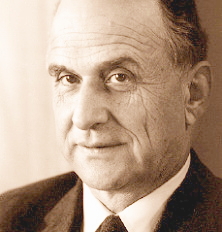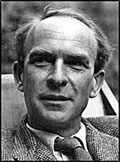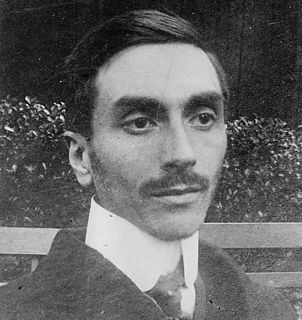A Quote by Edward Abbey
Through logic and inference we can prove anything. Therefore, logic and inference, in contrast to ordinary daily living experience, are secondary instruments of knowledge. Probably tertiary.
Related Quotes
People's conceptions about themselves and the nature of things are developed and verified through four different processes: direct experience of the effects produced by their actions, vicarious experience of the effects produced by somebody else's actions, judgments voiced by others, and derivation of further knowledge from what they already know by using rules of inference
Truths are known to us in two ways: some are known directly, and of themselves; some through the medium of other truths. The former are the subject of Intuition, or Consciousness; the latter, of Inference; the latter of Inference. The truths known by Intuition are the original premisses, from which all others are inferred.
Since reasoning , or inference, the principal subject of logic, is an operation which usually takes place by means of words , and in complicated cases can take place in no other way: those who have not a thorough insight into both the signification and purpose of words, will be under chances, amounting almost to certainty, of reasoning or inferring incorrectly.


































